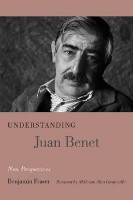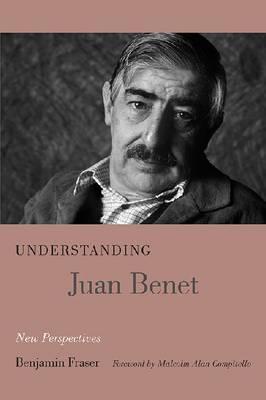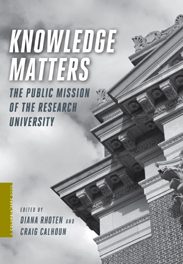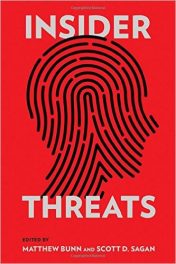 Author: Benjamin Fraser. Foreword by Malcolm Alan Compitello
Author: Benjamin Fraser. Foreword by Malcolm Alan Compitello
Publisher: University of South Carolina Press – 162 pages
Book Review by: Deekay Daulat
The versatile Spanish writer Juan Benet, who lived from 1927 to 1993, was also a civil engineer. He wrote essays, novels, plays, and short stories, in which were often incorporated bridges, canals, dams and other public works.
Benet has been described as “one of the greatest Spanish novelists” and compared with William Faulkner, winner of the 1949 Nobel Prize in Literature, by Randolph D. Pope, Commonwealth Professor of Spanish and Comparative Literature at the University of Virginia
Among the unusual qualities of Juan Benet and features of his life that the author of this book Benjamin Fraser makes mention of, that are not, or at least not as well, covered in other books on Benet, are his:
- Ability to imagine and create his ‘memorable world’
- Fascination with landscapes and maps
- Influence of French philosopher Henri Bergson
- Preoccupation with time, place and space
- Profession as a civil engineer, and related passions
- Relation with Spanish history, particularly the Spanish Civil War (1936-39)
The above are some of the new perspectives on Juan Benet that Fraser explores and presents in this compact work of 162 pages. But Fraser goes beyond the usual study of a writer’s literary works and gives readers a multidisciplinary view of the Benet’s intellect in which cultural geography, engineering, fiction, history and philosophy interact.
A Chronology of important events in the professional and literary life of Juan Benet including publication years of his various writings is presented at the beginning of this book, to give the reader a chance to formulate in their minds a sort of structure of his biography.
This book contains four brief chapters that are an easy read for the average person. This is an overview of those four parts of this book:
- The Spanish Civil War and Beyond
- The Civil Engineer and the Author: Hydraulic Works, Water, and Literature
- Juan Benet’s Bergsonism: Time, Memory, and Knowledge
- Cultural Geography: Landscapes, Maps, and Space
Epilogue: The Role of Enigma
A Notes section with 45 pages of reference materials provides the student of Benet ample opportunity to more closely examine his life, thinking, and work. In addition, a Bibliography of 17 pages presents a list of more materials to look at, on the writer.
This is a well-researched volume on Juan Benet’s life, professional work, writing and thinking, and the author is to be complimented for his diligence in creating a broader and clearer view of this writer than is otherwise available in other books.
Benjamin Fraser is an assistant professor in the Department of Hispanic Studies at the College of Charleston, managing editor of the Arizona Journal of Hispanic Cultural Studies and executive editor of the Journal of Urban Cultural Studies.
Fraser is also the author of Henri Lefebvre and the Spanish Urban Experience: Reading from the Mobile City and Encounters with Bergson(ism) in Spain as well as more than four dozen published articles.







